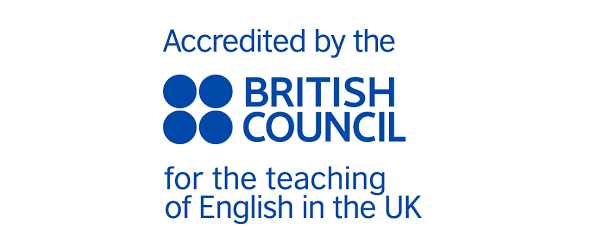|
In the ever-evolving profession of English Language Teaching (ELT), those seeking to change their work environment, or progress their careers, often need to be proactive about exploring new opportunities. One promising avenue for growth and advancement is transitioning into teacher training. The demand for training and education in our field is constant, making it an attractive path to explore. However, the shift from being a language teacher to becoming a teacher trainer entails much more than just a change in job title. This course will help you transition smoothly from being a teacher to assuming the role of a teacher trainer, and for those of you who already work as teacher trainers, it will increase your knowledge and confidence in your current position and inspire you with new ideas and perspectives. Apply
Is this course for you?Location: Online
Experience:
Teachers who are considering moving into teacher training or who already have a little experience as a teacher trainer Language Level: B2 or higher
Course dates:
12 January - 18 March 2026 13 April - 17 June 2026 14 September - 18 November 2026 Course Length: 8 weeks
Minimum age: 18
Max class size: 18
Tutor-led and highly interactive
Live and asynchronous eLearning platforms
Specialist ELT eLibrary
Accredited by AQUEDUTO
Course contentKey terms and concepts in teacher training
The skills and knowledge needed to be a teacher trainer
The role of teacher beliefs, attitudes and behaviour when planning and delivering teacher training
The stages involved in planning teacher training sessions
Different frameworks and approaches for teacher training
How to build in variety and interest when planning training sessions
How to make appropriate choices of methods and materials for training sessions
How to choose appropriate instruments to evaluate training sessions or courses
Approaches and procedures for observing lessons and giving feedback
It is common for aspiring teacher trainers to begin their journey with a workshop, a seminar, or a brief training course. On this course, we will be primarily focussing on these shorter teacher education sessions. Our objective is to introduce you to key concepts and principles in the field, offer practical guidance on training approaches, methodology and materials, and provide a framework for reflecting on your roles and responsibilities as a teacher trainer within your unique professional context.
Further InformationNILE Online courses are highly interactive and learning takes place through varied and engaging multimedia content and the collaboration between participants from different contexts. All participants work on the same unit in the same week but there is a high level of flexibility within that time period to help you fit studying around your life and work. The interaction, via forums and other collaborative tools built into the platform, helps and encourages you to share ideas, ask questions, explore concepts and build up a community. You need a computer, a headset (with microphone) and an Internet connection. Much of the course can be done on a mobile device, but a computer is needed for certain activities and tasks. Participants have access to NILE's extensive ELT e-library and an innovative social and cultural programme. All NILE Online courses include an element of professional language development, i.e. language related to course content and/or the classroom. Meet a Course Tutor: Helen Marjan
Helen joined NILE as a course tutor in 2020, after spending 15 years as the CEO of a large educational organisation in South-East Asia, with branches in Singapore, Malaysia, China and Hong Kong. She began her teaching career in 1990, working as a teacher of young learners, and spent the next 30 years working as a teacher, teacher trainer, curriculum developer and education manager. Helen holds a Master's Degree in Teaching English to Young Learners (6-16 year olds) with specialisms in materials design, teacher development, literacy-based language teaching and education management. In addition to tutoring at NILE, she works as an International Consultant for UNICEF, focussing broadly on curriculum development and teacher / trainer training projects in both formal and non-formal settings. Helen has recently opened her own small education publishing company and is a published author. For ten years, Helen worked as a Consultant Teaching Fellow on the University of York’s MA in TEYL programme. She also tutors on NILE's MAPDLE programme. In her spare time, Helen enjoys baking, painting, authoring and spending time with her two grandchildren, who often serve as inspiration for her writing. Available dates:
|





